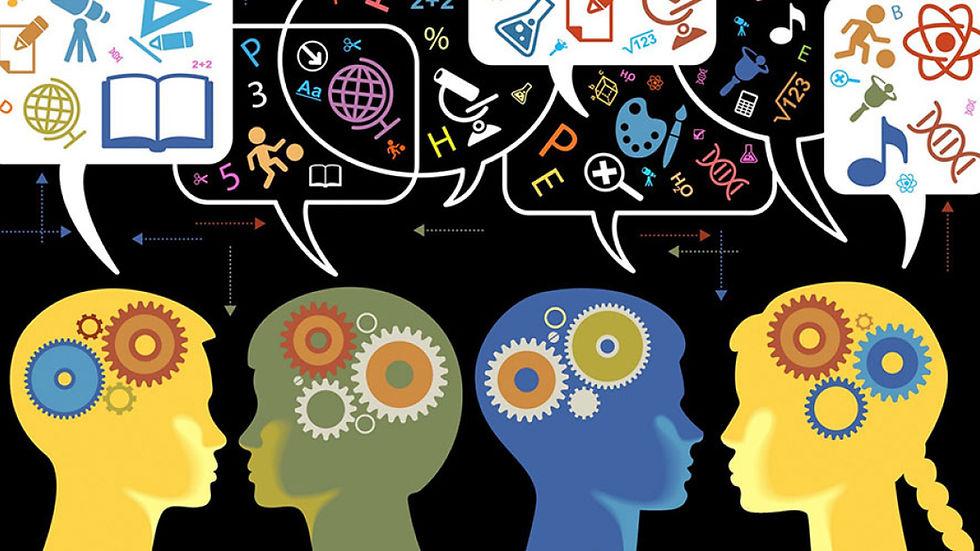When the best paper in the class was written by a bot
- Joanne Jacobs

- Jan 18, 2023
- 1 min read
Professors are changing the way they assess students to make it harder for students to use artificial intelligence to generate essays, reports Kalley Huang in the New York Times. In response to ChatGPT, "some professors are redesigning their courses entirely, making changes that include more oral exams, group work and handwritten assessments in lieu of typed ones."

The best paper in his world religions course last month raised a red flag for Antony Aumann, a professor of philosophy at Northern Michigan University. It was too good. His student confessed to using ChatGPT to research and write the paper.
(None of his students can outwrite or outthink a bot?)
This semester, Aumann plans to require students to write first drafts in the classroom, then explain each revision in later drafts. In the future, he "plans to weave ChatGPT into lessons by asking students to evaluate the chatbot’s responses."
Professors seem to have little faith that students will do their own work because they want to learn.
Steven Mintz, who teaches history at the University of Texas in Austin, thinks AI can be "an ally, not an adversary," he writes in Inside Higher Ed. Professors must teach students how to use new tools effectively.
He now requires students' essays to include a detailed prompt input into CHATGPT, the text generated in response, "an essay that builds on the ChatGPT foundation, supplemented with additional research that must be cited in a bibliography" and "A list of the corrections, revisions and additions that the student made in producing the reworked essay."



"(None of his students can outwrite or outthink a bot?)"
Northern Michigan went test-blind. Minimum GPA for admits is 2.25.
But even among stronger students, writing skills have declined significantly. Explicit teaching has gone by the wayside, kids aren't reading very much, so they're not going to pick up language usage implicitly, and math tutoring centers wildly outnumber those that focus on writing.